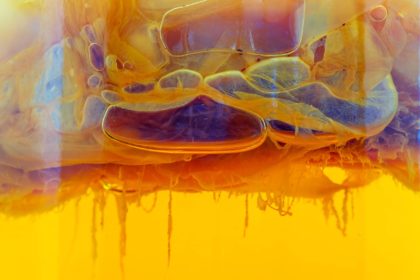
Can you use bacteria to eliminate bacteria? Commercial water filters remove contaminants from water, but the pores eventually clog, causing water to filter more slowly. Now researchers are studying a living membrane to filter water: a kombucha SCOBY.
Researchers at Montana Technological University (MTU) and Arizona State University (ASU) found the films of cellulose that make up a SCOBY are 19-40% more effective than commercial filtration systems at preventing the formation of bacterial biofilms. The SCOBY filter also maintained a fast rate of filtration for a longer period of time. Though a biofilm did eventually form on top of the SCOBY, it contained fewer bacteria than in a commercial filter.
“The scientists couldn’t use the wild yeasts typically used in kombucha because the yeasts are difficult to modify genetically,” reads an article in Wired. “Instead, the researchers used lab-grown yeast, specifically a strain called Saccharomyces cerevisiae, or brewer’s yeast. They combined the brewer’s yeast with a bacteria called Komagataeibacter rhaeticus (which can create a lot of cellulose) to create their ‘mother’ SCOBY.”
Researchers engineered the cells in the yeast to produce glow-in-the-dark enzymes, which sense pollutants and break them down. SCOBY-based filters are not only inexpensive to make, they biodegrade when discarded.
Their research was published in the American Chemical Society journal ACS ES&T Water.
Read more (Wired)
